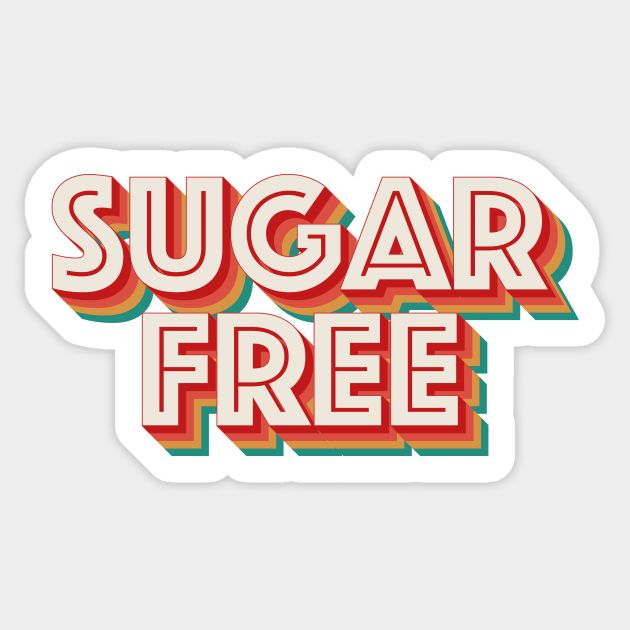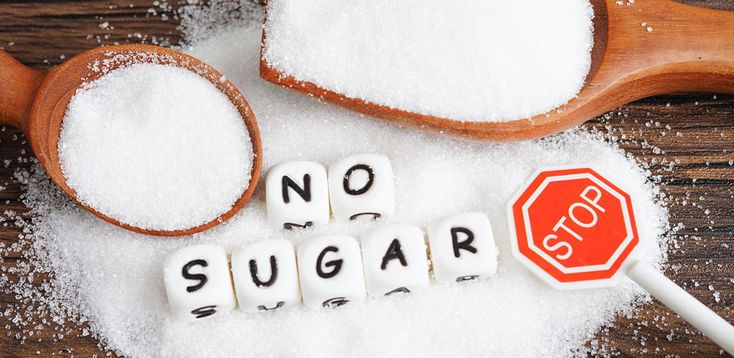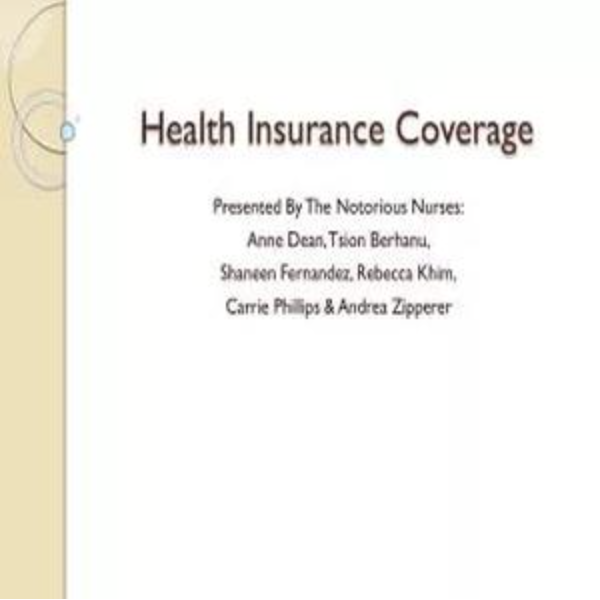With the rise of the “sugar-free” health food trend, more and more people are choosing to bid farewell to sugary foods, striving to reduce sugar intake and pursue a healthier lifestyle. From sugar-free beverages to sugar-free snacks, this trend has permeated nearly everyone's daily diet. However, behind the pursuit of health, this sugar-free craze hides some risks we may not have noticed. Imagine if healthy eating became a form of misguidance—would we need a “Healthy Eating Misguidance Insurance” to protect us?
First, does completely cutting out sugar truly lead to better health? Sugar, as one of the body's primary energy sources, isn't inherently the “enemy.” Moderate sugar intake is crucial for maintaining normal physiological functions. It not only supplies the body with energy but also participates in cellular repair and metabolic processes. Excessive restriction may lead to energy deficiency, impairing immunity, cognitive function, and muscle performance. For athletes and high-intensity workers, adequate sugar intake is particularly essential.

Moreover, many “sugar-free” foods and beverages on the market compensate for the absence of sugar by using artificial sweeteners to enhance taste. While these artificial sweeteners are considered calorie-free, long-term consumption may have adverse effects on the body. For instance, certain sweeteners may disrupt the balance of gut microbiota and could potentially be linked to metabolic disorders. More concerning is the lack of sufficient research on how artificial sweeteners affect the brain. Studies suggest they may interfere with appetite regulation mechanisms, paradoxically increasing hunger and producing counterproductive results.
Moreover, many so-called “sugar-free” products on the market are simply low-sugar or sugar-free versions of their original sugary counterparts. However, other ingredients in these alternatives—such as high-salt or high-fat additives—may pose even greater health risks. Overreliance on these substitutes can lead to nutritional imbalances, potentially causing long-term negative impacts on cardiovascular and renal health.

To avoid these potential health risks, consumers should remain vigilant about “sugar-free” foods. Could insurance offer a form of protection in our pursuit of healthier lifestyles? A specialized insurance product targeting health diet misinformation could emerge as a novel solution. It would not only cover health issues arising from misleading dietary advice but also provide consultation and intervention services to help consumers manage their diets and health more scientifically.
The concept behind this insurance product is that when consumers blindly follow health trends while ignoring individual differences, insurance companies can provide professional nutritional guidance and even cover part of the treatment costs for health issues caused by misleading information. For example, excessive intake of artificial sweeteners may lead to gastrointestinal discomfort, metabolic disorders, and even potential impacts on mental health—all of which could be compensated and addressed through such insurance.

In essence, healthy eating should not be blindly followed but tailored to the individual. The health misinformation behind the sugar-free trend not only poses a threat to physical well-being but may also significantly impact consumers' financial planning. As healthy eating and lifestyles become increasingly prevalent, the question of whether to introduce a “Healthy Eating Misinformation Insurance” to provide consumers with greater protection and support warrants serious consideration.


